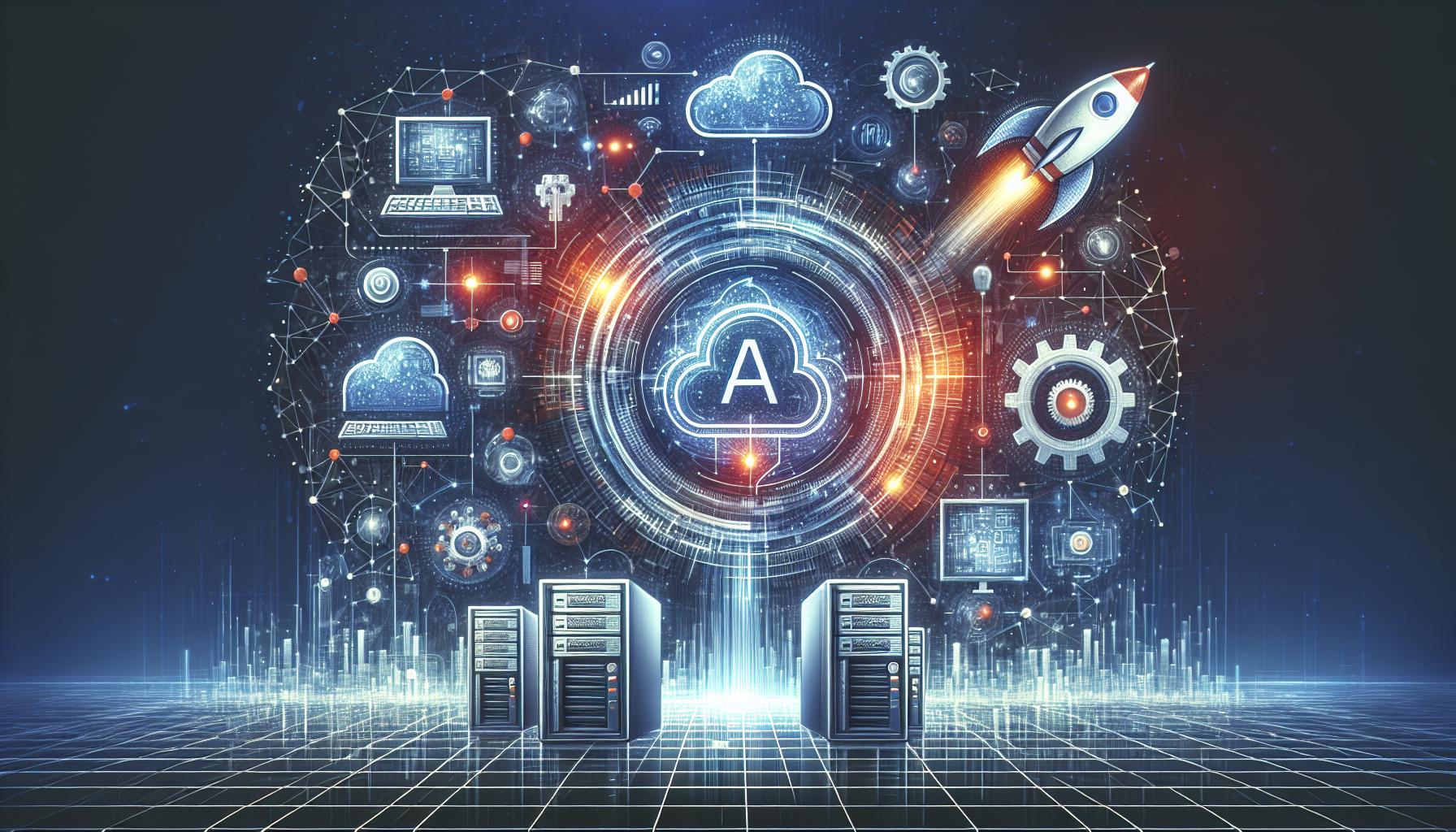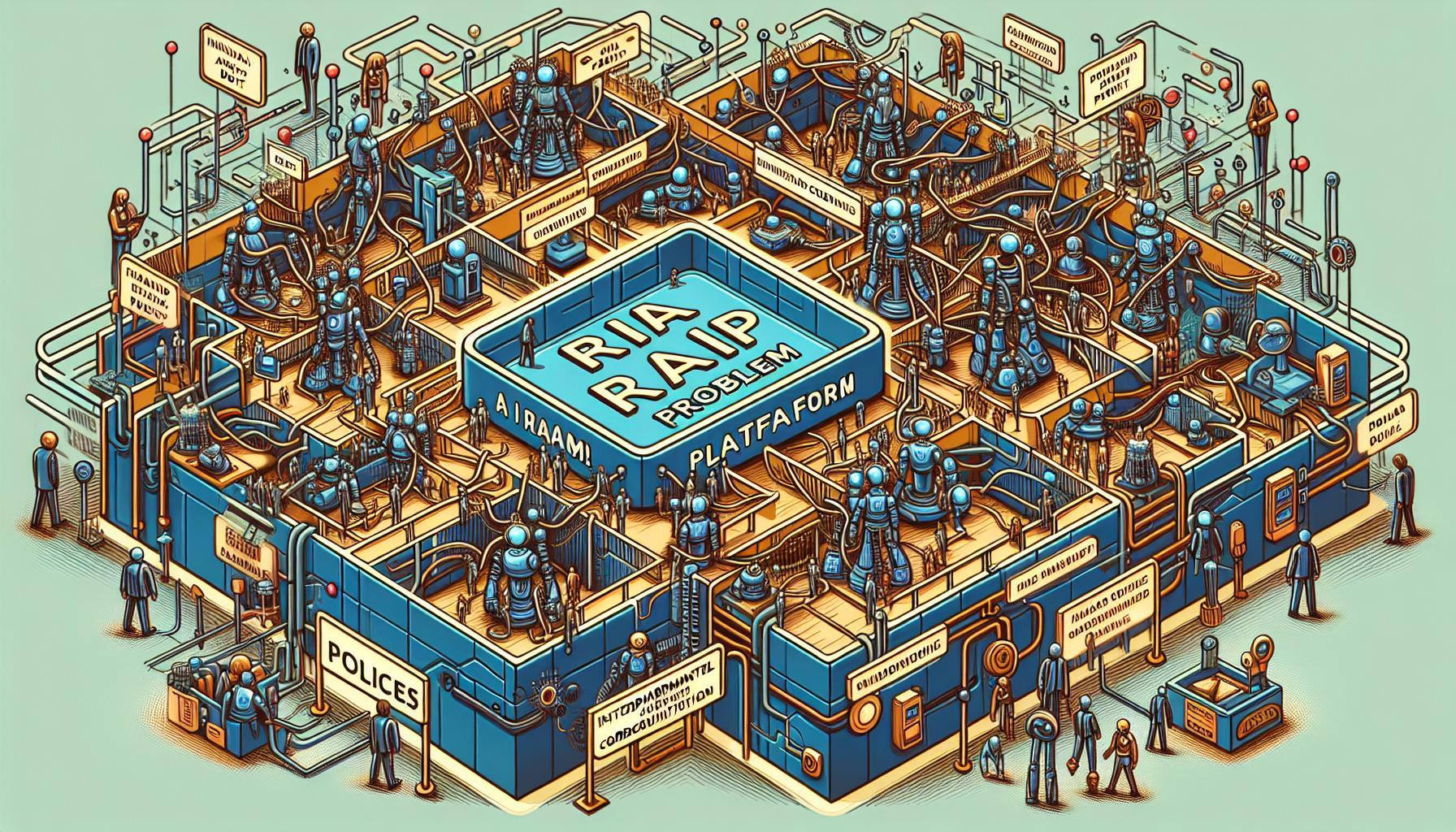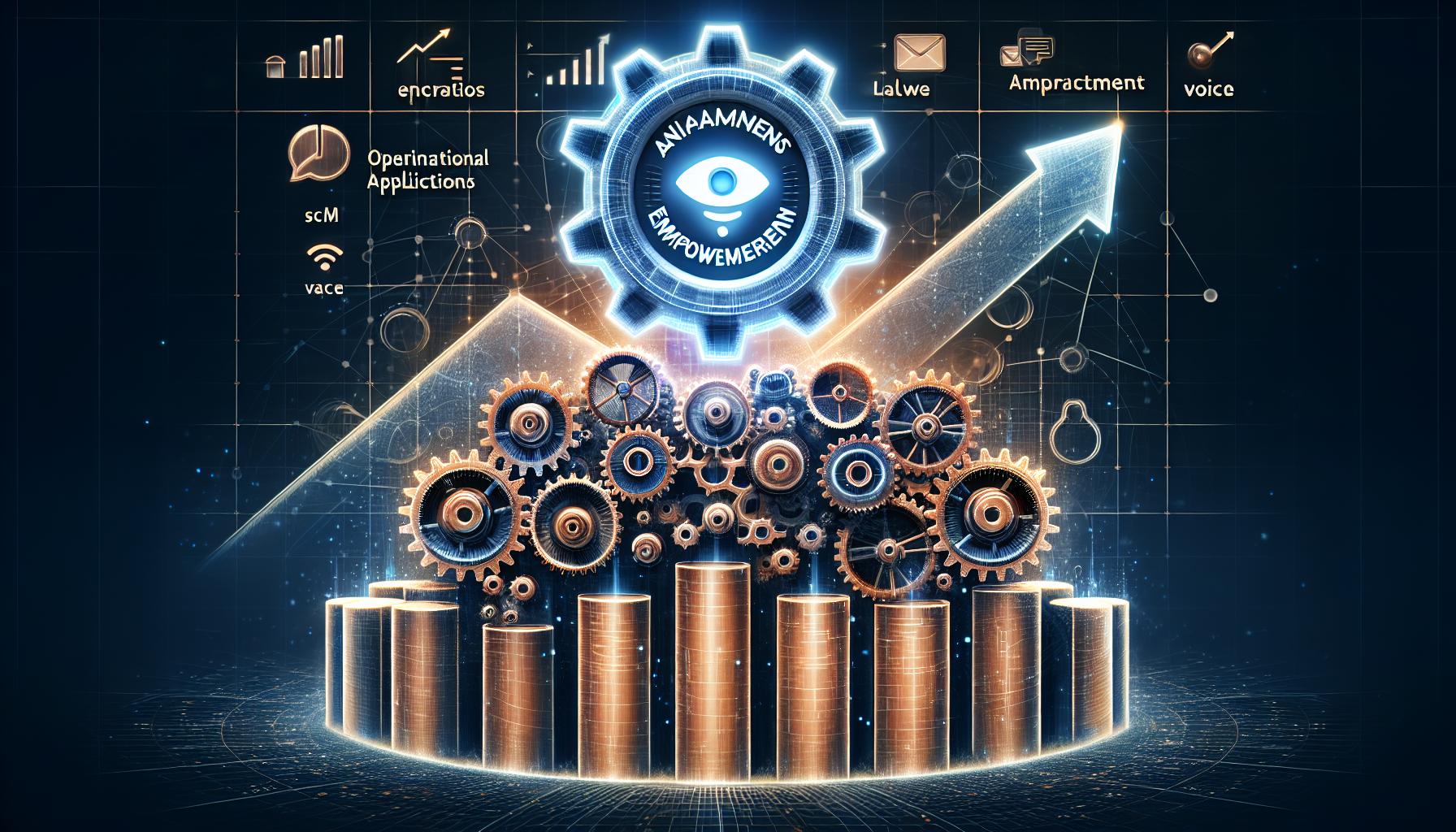Revolutionizing AI Implementation in Business: A Deep Dive into AI Management Platforms

Introduction
The integration of Artificial Intelligence (AI) in business operations is no longer just a futuristic experiment but a necessary evolution. Management platforms geared specifically towards A.I. have emerged as pivotal tools in this transformation. Among these, platforms like RAIA RAMP stand out as revolutionary solutions that facilitate efficient deployment, management, and optimization of A.I. applications.
The Role of A.I. Management Platforms
AI management platforms serve as the backbone for businesses venturing into or expanding their use of AI. These platforms provide essential services such as development environments, data handling capabilities, model training, and performance tracking. They simplify complex A.I. processes, making it easier for businesses to implement A.I. solutions that are tailored to their specific needs.
One of the core advantages of using an A.I. management platform is its ability to integrate seamlessly with existing business systems. This integration ensures that A.I. solutions contribute positively to the business objectives without disrupting established workflows.
Unique Features of RAIA RAMP
RAIA RAMP distinguishes itself with several unique features designed to enhance business operations. Its intuitive user interface allows even non-experts to manage A.I. deployments effectively. Moreover, RAIA RAMP includes built-in compliance and security measures that protect sensitive data and ensure that A.I. implementations adhere to industry and governmental regulations.
Another standout feature of RAIA RAMP is its scalability. Businesses can start with smaller A.I. projects and expand as needed, without the need for significant infrastructure changes. This scalability is crucial for businesses aiming to grow at a sustainable pace.
Impact on Business Efficiency and Security
Implementing A.I. through platforms like RAIA RAMP can drastically improve operational efficiency. Automated functions reduce the need for manual intervention, freeing up employee time for strategic tasks that A.I. cannot perform. Additionally, AI-driven analytics provide insights that can lead to better decision-making and increased business agility.
In terms of security, A.I. management platforms provide state-of-the-art measures to safeguard digital assets. Features such as automated security patches, abnormal activity detection, and regular system audits are integral to maintaining a high level of security in dynamic business environments.
Future Trends in A.I. Management
Looking forward, the evolution of A.I. management platforms is likely to center around even greater integration with cloud services, advanced predictive analytics, and enhanced customization options. These developments will enable businesses to not only manage but also predict future trends and adjust their A.I. strategies accordingly.
Furthermore, the emergence of decentralized A.I. applications presents a new frontier for A.I. management platforms. These platforms will need to evolve to manage and oversee A.I. operations that are not bounded by traditional data center limitations, facilitating a new era of global A.I. operations.
Conclusion
The landscape of business technology is undergoing a significant transformation, driven by AI. Management platforms like RAIA RAMP are at the forefront of this change, offering tools that are not just about keeping up with current trends but also setting the stage for future innovations. For businesses looking to secure a competitive edge, investing in these platforms is not just an option; it's an imperative.




